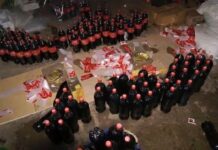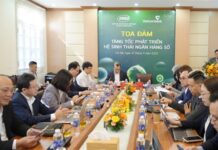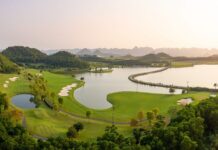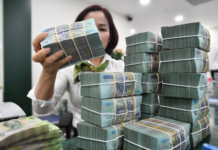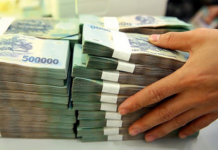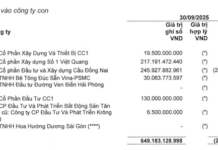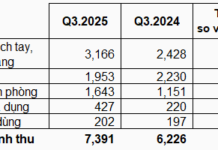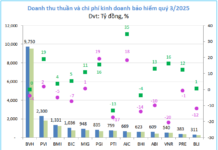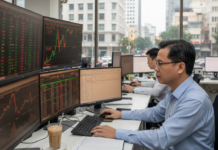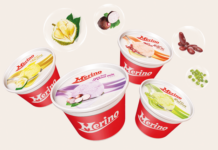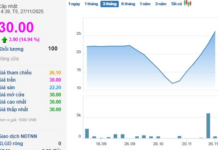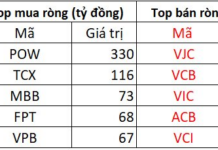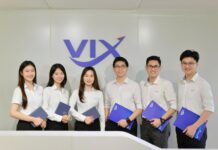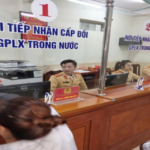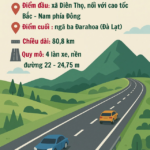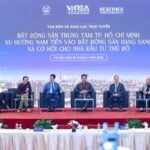The international conference on “Developing the Halal Ecosystem: Sharing Experiences from Countries Worldwide and Vietnam” captured the market’s attention when it was held on July 5, 2024. Accompanying the conference was the inauguration of the Institute for South Asian, West Asian, and African Studies.
According to the organizers, the event not only contributed to implementing the government’s project but also served as a platform for discussions and exchanges regarding opportunities for Vietnamese businesses aiming to expand their exports, attract investments, and cater to Muslim tourists. This, in turn, would foster collaboration between Vietnam and the 57 countries of the Organization of Islamic Cooperation and other nations worldwide, facilitating effective and sustainable access to the global Halal market.
The Institute for South Asian, West Asian, and African Studies (ISAWAAS) explained that in Arabic, “Halal” means “permissible” or “lawful” according to the Quran and Sharia law in Islam.
Halal encompasses more than just the absence of alcohol and pork-related products and the adherence to Islamic rituals in slaughtering. It emphasizes the purity and natural state of products, extending beyond food to include a range of lifestyle choices.
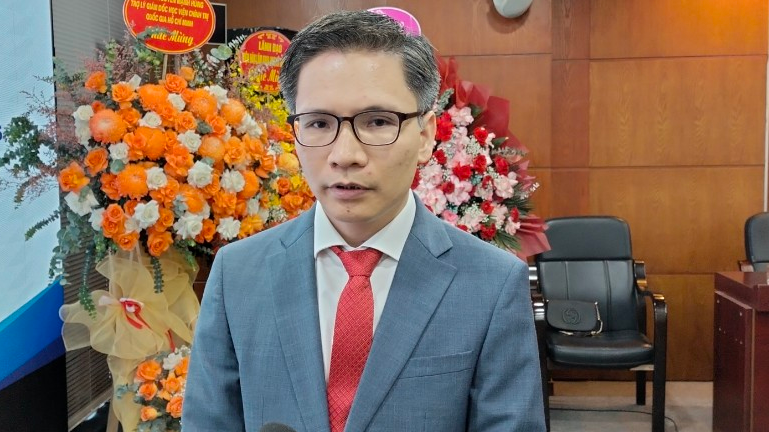
“Halal represents a vast market with numerous untapped opportunities for Vietnamese enterprises to explore and expand, especially amidst the necessity to diversify markets.
However, to penetrate this market, Vietnamese products, ranging from food and beverages to fashion, must be manufactured according to specific Halal criteria and standards, and they must obtain the necessary certifications.”
This applies to products free from harmful chemicals, pesticides, fertilizers, preservatives, waste, antibiotics, prohibited goods, and genetically modified organisms.
Halal also extends to behavior and conscience, advocating for ethical values and choices in daily life. It is closely linked to issues such as organic agriculture, fair trade, product safety, ethical business practices, humane treatment of animals, and ecological economics.
Representatives from ISAWAAS clarified that Halal fundamentally pertains to sustainability, humane farming, environmental respect, hygiene, and corporate social responsibility. It entails a “farm-to-table” compliance process, ensuring that every stage of the supply chain production, from input supply to farming, slaughtering, processing, warehousing, transportation, logistics, distribution, and consumption, adheres to Halal standards.
Regarding market potential, Dr. Nguyen Xuan Trung, Director of ISAWAAS, remarked, “Halal presents a vast market with abundant opportunities for Vietnamese businesses to tap into, penetrate, and expand within, especially given the necessity to diversify markets.”
Elaborating on the potential of Halal, Dr. Trung mentioned that the scale of the Halal product market is immense, spanning not only the Middle East but also South Asia, West Asia, Africa, and some Southeast Asian countries that have adopted Halal standards.
However, for Vietnamese products to enter this market, they must be manufactured according to Halal criteria and standards and obtain the necessary certifications.
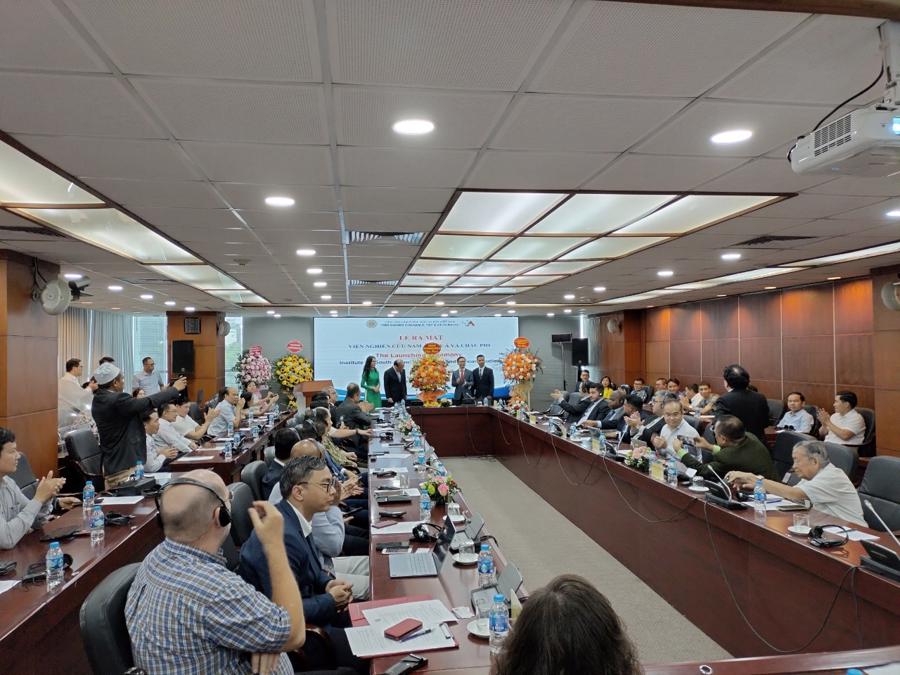
Currently, Vietnamese businesses have not fully seized the opportunities presented by this market. It is a relatively novel concept, and not many Vietnamese individuals and enterprises are well-versed in Halal.
In the tourism sector, which is deemed highly promising, Vietnamese services must meet the criteria of Middle Eastern citizens and nations to attract Muslim tourists.
The Halal market holds immense potential, with a projected population of 2.18 billion by 2030, constituting approximately 30% of the global population. The market size is expected to peak at $3.2 trillion by 2025, growing at an annual rate of 6.2%.
Dr. Trung mentioned that the government has proposed a project titled “Enhancing International Cooperation to Build and Develop the Vietnamese Halal Industry towards 2030.”
With a region spanning over 80 countries, Dr. Phan Chi Hieu, President of the Vietnam Academy of Social Sciences, affirmed the vast scope for research activities, encompassing cultural, historical, educational, political, and economic aspects of the countries within this region.
The Institute for South Asian, West Asian, and African Studies (ISAWAAS) was established through the merger of the Institute for African and Middle East Studies and the Institute for Indian and Southwest Asian Studies.
ISAWAAS is tasked with researching fundamental issues pertaining to economic development, political security, culture, society, science, and education. It provides consultations to the Communist Party of Vietnam and the government in policy formulation regarding South Asia, West Asia, and Africa, a region encompassing over 80 countries. The institute aims to enhance Vietnam’s cooperation and influence with these nations and the world at large.
Currently, ISAWAAS is the largest regional studies institute of the Vietnam Academy of Social Sciences in terms of scope, subjects of research, and human resources.
ISAWAAS will undertake research and provide policy advice to central and local authorities. It will delve into specialized studies on developing potential sectors such as tourism, various industries, and exports targeting the Halal market. In collaboration with localities like Hue, the institute will work on developing Halal tourism and plans to extend this initiative to other regions to foster the growth of the Halal industry.




